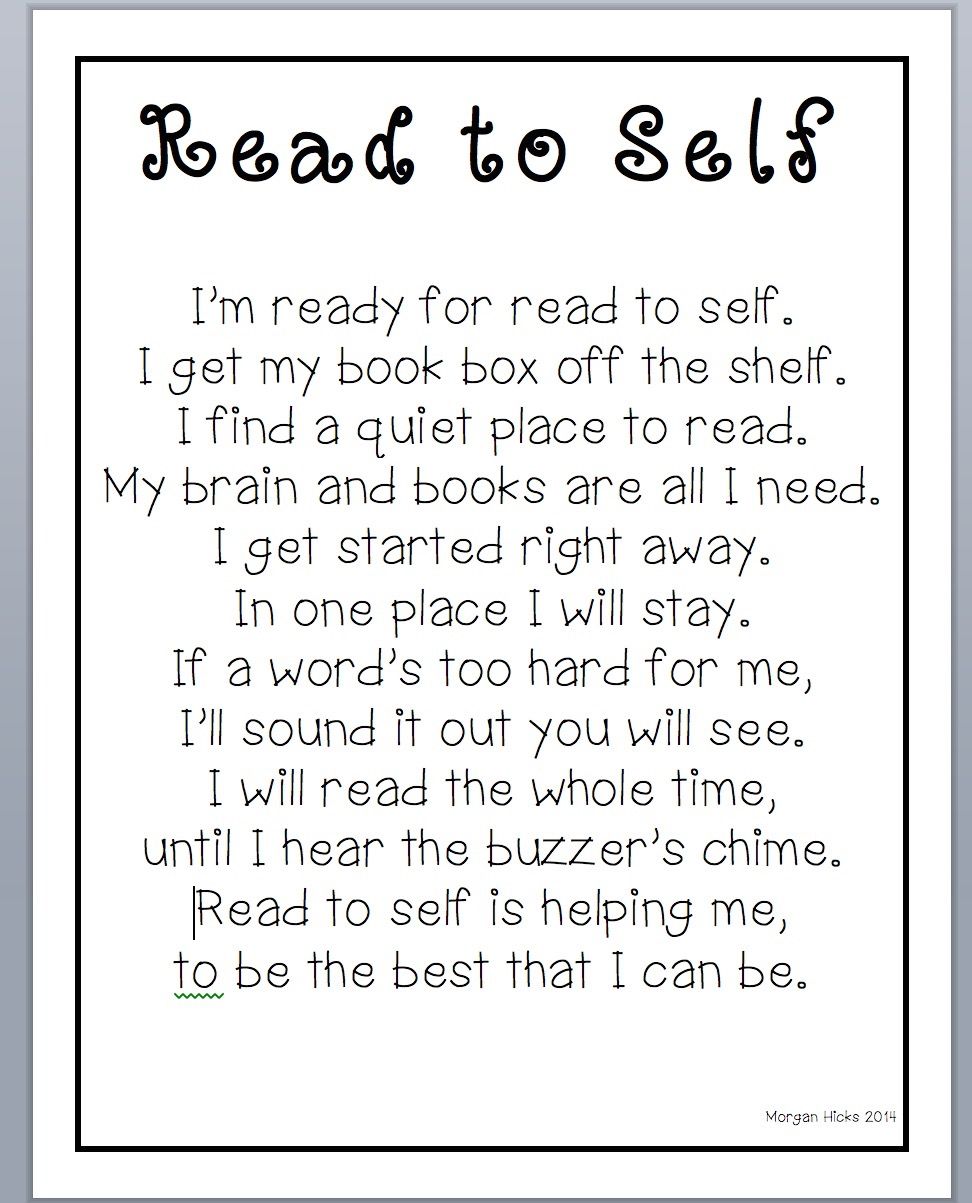
How to Self-Poem About Job: A Poetic Exploration of Resilience and Faith
In the tapestry of human experience, the story of Job stands as a timeless testament to the enduring power of resilience and faith. This biblical patriarch faced unimaginable trials and tribulations, yet his unwavering belief in God sustained him through the darkest of times. For those seeking solace or inspiration amidst their own struggles, the poetry of Job offers a profound source of comfort and guidance.
Poem Writing Styles for Self-Poems on Job
When it comes to composing a self-poem about Job, a variety of writing styles can effectively convey the depth and complexity of his story.
- Narrative Poetry: This style allows you to recount the events of Job’s life in a chronological manner, highlighting his suffering and the unwavering faith that carried him through.
- Lyric Poetry: Focused on personal emotions and introspection, lyric poetry enables you to explore your own feelings and experiences in light of Job’s story.
- Dramatic Monologue: This style presents a first-person account of Job’s thoughts and emotions, allowing you to directly inhabit his perspective and grapple with his trials.
Poems About Job
God’s Faithful Servant
Amidst the storms that beat upon his soul,
Job’s faith remained unwavering and whole.
Though trials surged, his spirit would not yield,
For in the depths of darkness, God he shielded.
The Crucible of Suffering
The fires of affliction burned bright,
Scorching Job’s flesh, demanding his sight.
Yet from the ashes, his spirit rose,
Refined and strong, heaven’s purpose knows.
The Mystery of God’s Ways
Beyond our grasp, God’s plans unfurl,
His wisdom veiled, beyond our mortal swirl.
Job’s patience tested, his understanding frail,
Yet in his faith, he would not fail.
The Triumph of Hope
From the depths of despair, hope took flight,
A beacon guiding Job through the long night.
Though wounds may linger, his spirit soared,
For in the face of loss, his faith restored.
How to Write Your Own Self-Poem About Job
- Read and study the book of Job. Immerse yourself in Job’s story and seek to understand his journey.
- Identify with Job’s experiences. Consider your own trials and tribulations. How do they resonate with Job’s?
- Choose a writing style. Decide which style best suits your purpose and narrative.
- Write from a personal perspective. Allow your own emotions and experiences to guide your words.
- Experiment with figurative language. Use metaphors, similes, and other poetic devices to create vivid imagery and convey deep emotions.
- Offer insights and reflections. Through your poem, share your understanding of Job’s story and its relevance to your own life.
Tips for Reading Poetry on Job
- Read slowly and thoughtfully. Allow the words to sink in and appreciate their depth.
- Pay attention to rhythm and meter. The structure and flow of the poem can enhance its emotional impact.
- Seek out multiple interpretations. Different readers may find different meanings in the same poem. Engage with other perspectives to deepen your understanding.
Questions and Answers
Q: Why is the story of Job important for self-poems?
A: Job’s resilience, faith, and unwavering spirit serve as a powerful source of inspiration for those facing their own challenges.
Q: What is the purpose of a self-poem about Job?
A: Self-poems on Job allow individuals to explore their own struggles and emotions in light of Job’s experience, finding comfort and guidance amidst adversity.
Q: Can anyone write a poem about Job?
A: Absolutely. While a deep understanding of Job’s story is beneficial, anyone can draw inspiration from his journey and express their own feelings through poetry.
Conclusion
The poetry of Job offers a profound canvas upon which to explore the universal themes of suffering, faith, and resilience. By writing self-poems on Job, we not only engage with this timeless story but also delve into our own experiences, seeking solace, inspiration, and a deeper understanding of the human condition.
Remember, plagiarism is a serious offense. Always give credit to the original author when using or quoting their work. Share your creations with others and encourage them to do the same. Together, let us celebrate the power of poetry to uplift, inspire, and unite.
